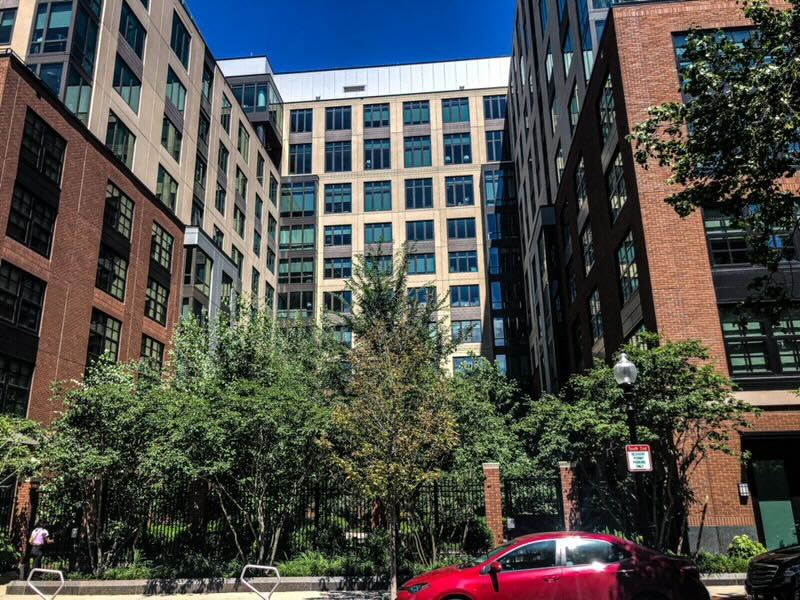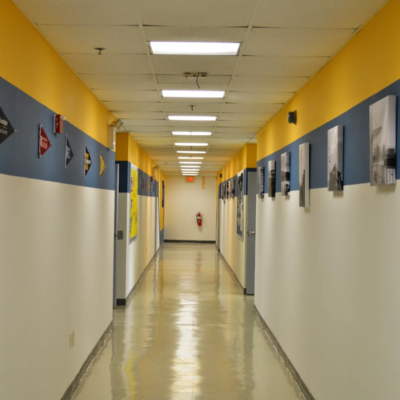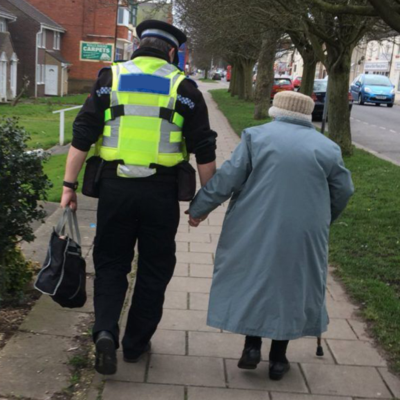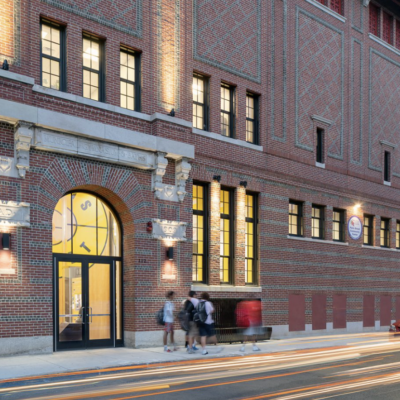South End’s Housing Gentrification Crisis Must End
The South End is a neighborhood that is located in the center of Boston, Massachusetts. With a population of over 27 thousand people, it’s one of the most diverse neighborhoods in the city. The neighborhood’s diversity comes in all forms, ranging from race, sexual orientation, age, and socio-economic status. The South End is so condense with people from all races, ages, and social classes, that it makes no sense for it to be facing its brutal reality of gentrification.
Sure, this neighborhood is home to people who make a lot of money. But it’s also home to those who don’t. People who make a lot of money, in theory, are able to live anywhere in Boston. People who don’t, however, are confined to certain areas for their housing. Knowing that more financially affluent people, who, again, have the resources to live anywhere, are taking and inhabiting houses that have previously been areas where people who didn’t make a lot of money could afford is incredibly troubling.
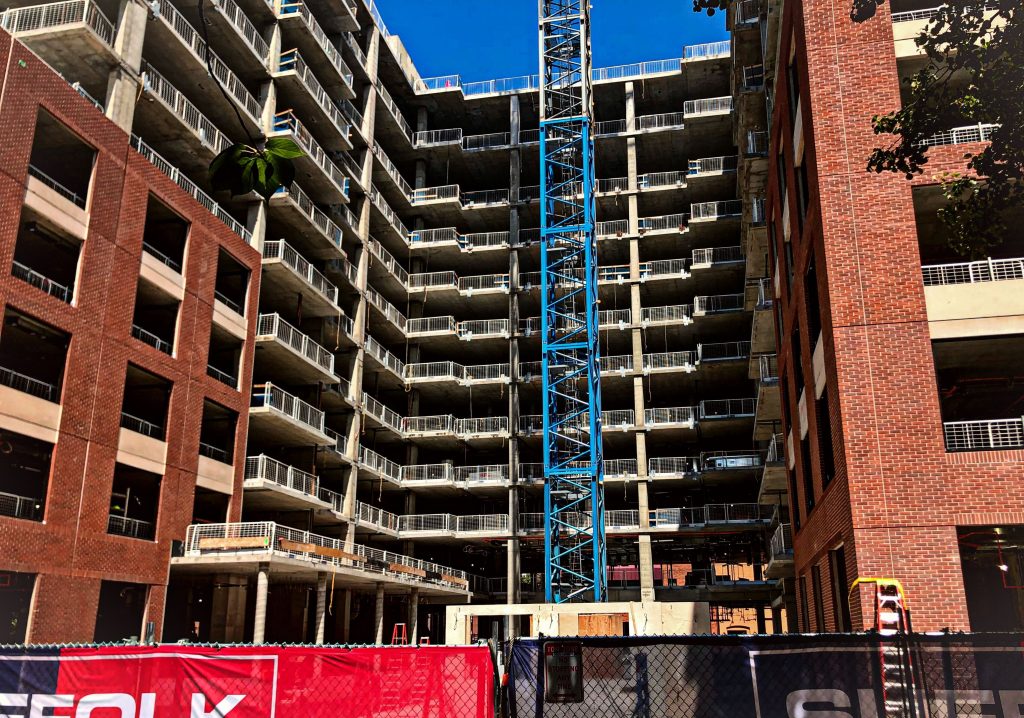
As indicated in Niche, the South End community is now 54% white, 10% black, 14% Hispanic, and 16% Asian. The household income brackets also vary with 42% of households making $150k+, 17% making 75-149k, 9% making $45-$74k, 7% making $25-$44K, and 26% making below $25k. These statistics serve as undeniable evidence of the South End’s unique profile as a special section of Boston that is not only diverse in culture but also in its social economic status. Recently the South End has been at risk of extreme gentrification that has the potential to displace many families — especially since the majority of the region’s population make less than $25,000 a year.
Many citizens in the South End reported knowing about its fight against gentrification. One young woman from the area whom I spoke to said, “Gentrification is a way to separate somebody into classes and different groups, based on abilities, stability, and income, whether that’s high or low income. This is used to separate blacks and whites sometimes.” Knowing that other South End citizens see the blatant disregard for their homes is terrible. This woman was pulled from the percentage of people who make below $25k a year, the people who are being hurt the most by gentrification see it’s happening in real time and that is truly terrifying. These people are at risk of losing their homes, and yet, we still allow it?
The threat of gentrification is a daily thought for South End locals. To help lower income families in this fight, Bostonians shouldn’t support big housing corporations whose goals are to raise housing prices throughout the South End neighborhood. By taking strides against these corporations, maybe soon they will understand that they can’t continue to push people out of their homes and onto the streets.



